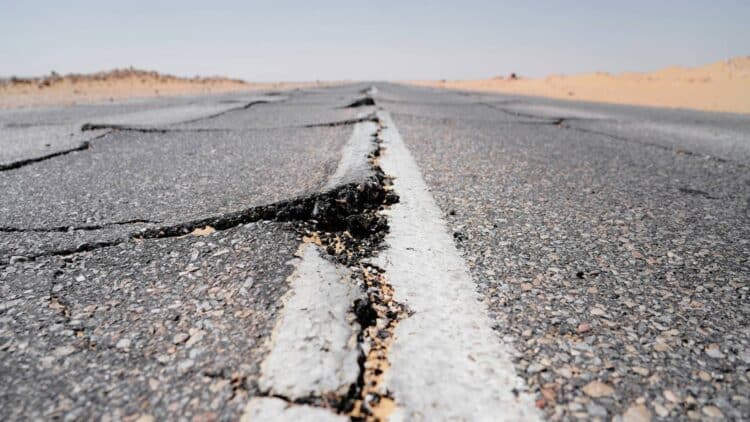A humanitarian crisis impacted Northern Afghanistan after a 6.4 magnitude earthquake hit the area. Most people impacted lived in the northern provinces, especially Takhar and Badakhshan. In the first 24 hours after the earthquake, UNICEF sent flash updates about the emergency response UNICEF hoped to implement.
The destruction of infrastructure and basic services
These updates indicated thousands of families being displaced and the destruction of critical infrastructure. UNICEF identified the need for emergency shelter, clean water, medical supplies, and psychosocial support for the families impacted and children. Also, UNICEF noted the destruction of schools.
Fran Equiza, UNICEF Representative in Afghanistan, said,
“Children are always the most vulnerable in emergencies like this.”
UNICEF wanted to emphasize the assessment of children and the support they need. Approximately 15,000 people have been impacted, mainly in critical need of support.
Hundreds of people have been injured, and dozens have perished due to the earthquake. Access to critical support services has been limited due to the remoteness of the area and aftershocks impacting the infrastructure.
UNICEF’s efforts to try to remedy the situation
UNICEF’s recent updates during emergencies focus on the following:
- Housing the displaced families temporarily, particularly those with small children.
- Distributing hygiene supplies and safe water for drinking to avoid possible harmful health effects.
- Setting up mobile health teams to provide care and treat on-site injuries.
- Delivering Psychosocial care to aid children with grief and trauma.
UNICEF, along with other UN joint agencies, has an active supply chain of emergency kits from regional warehouses and is reinforced with local elements.
UNICEF will keep monitoring and adapting its response as the situation unfolds. It calls on donors, governments, and individuals to assist in the efforts to rebuild the lives of those impacted.
The earthquake came as a surprise to most of the population
According to Yahoo News Canada, the earthquake occurred just after midnight, surprising most of the population and creating disorder with collapsing buildings. A person from Faizabad said:
“I thought the ground was tearing apart. We ran outside with the children, because it was a guess that the house would collapse.”
The Afghan Government has requested foreign aid, as an emergency has been declared in the most affected provinces. Coordination on the rubble is slow and difficult to relive because of the damaged roads, mountainous terrain, and working with buried traps.
Afghanistan was already facing major issues like an unstable economy and a lack of food and healthcare when disaster struck.
UNICEF and other humanitarian agencies feel this disaster will worsen challenges that already occur for women and children.
UNICEF says urgent funding is needed now more than ever
Equiza from UNICEF said that there was an “urgent funding” request for UNICEF’s scaled response.
“We need immediate resources to reach those in need. Every minute counts when children’s lives are at stake.”
The Afghan government has asked for international help and relief aid for the affected provinces. Rescue teams, military rescue personnel, and volunteers are working 24/7 to help
find trapped survivors under the rubble. However, the mountainous and scarce landscape, with damage to the province’s roads, is providing slow and difficult relief access.
Aid agencies are responding to the request for help, and other countries in need of assistance are sending help, but there are still big challenges when it comes to help being sent due to a lack of safety.
Currently, there is a big need to
help these people and organize the relief. It will still be a long journey in the weeks to come due to the
immense need for help that will continue. UNICEF will continue to revise its help and aid the communities in order to achieve the best possible outcome, and help the affected people, and their lives, the economy.


